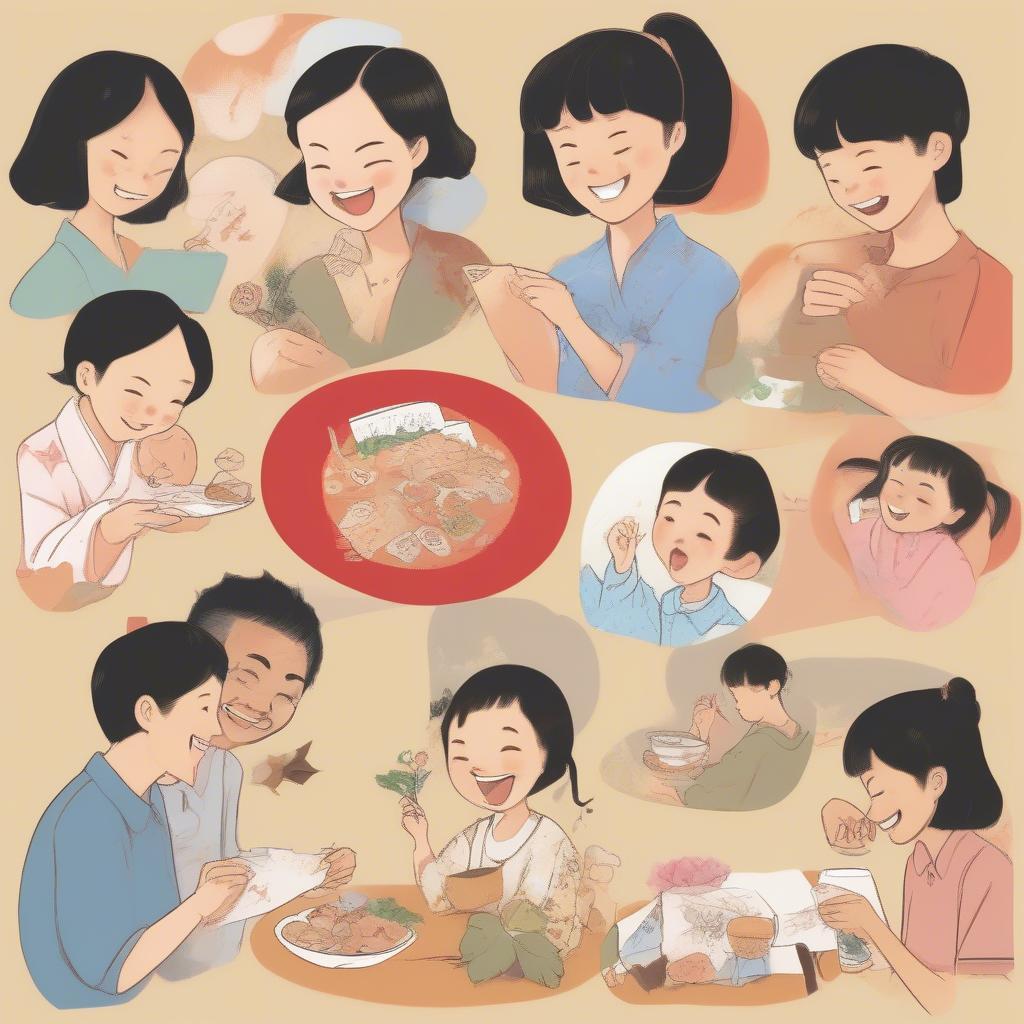Learning how to say “I love you” in Japanese goes beyond a simple translation. It’s about understanding the nuances of the Japanese language and culture. You’ll find that expressing love in Japanese isn’t as straightforward as it is in English. This article will delve into the various ways to say “I love you” in Japanese, exploring the cultural context and helping you choose the most appropriate phrase for your situation.
 A Japanese couple holding hands and expressing their love for each other.
A Japanese couple holding hands and expressing their love for each other.
Saying “I Love You” in Japanese: More Than Just Words
The most common translation of “I love you” in Japanese is “愛してる” (aishiteru). However, this phrase carries significant weight and is rarely used in everyday conversation. Japanese culture values indirect communication and expresses love through actions and gestures rather than grand pronouncements. So, while “aishiteru” technically means “I love you,” it implies a deep, almost eternal love, a commitment that many Japanese people, especially those of older generations, feel uncomfortable expressing verbally. See how to say love in many languages.
Why “Aishiteru” Is So Rarely Used
The infrequency of using “aishiteru” stems from cultural differences in expressing affection. Japanese society traditionally emphasizes implicit understanding and non-verbal communication. Demonstrating love through actions, such as gift-giving, cooking a special meal, or simply being present, is often considered more meaningful than verbal affirmations. Saying “aishiteru” can feel overly dramatic or even embarrassing in casual settings.
Alternatives to “Aishiteru”: Expressing Affection in Japanese
While “aishiteru” may be reserved for special occasions, several other phrases convey affection in Japanese. These alternatives allow you to express varying degrees of care and love without the intensity of “aishiteru.” Let’s explore some of these options:
-
好きです (suki desu): This translates to “I like you” but can also imply romantic interest depending on the context. It’s a much more common and comfortable way to express affection than “aishiteru.”
-
大好き (daisuki desu): Meaning “I really like you,” this phrase adds emphasis to “suki desu” and conveys a stronger sense of affection. It’s suitable for close friends and romantic partners.
 Different ways to show affection in Japanese culture, beyond just saying "I love you".
Different ways to show affection in Japanese culture, beyond just saying "I love you".
- 君のことが好きだよ (kimi no koto ga suki da yo): This translates to “I like you,” but the addition of “kimi no koto ga” (about you) adds a touch of intimacy and personalization. It’s a casual and endearing way to express romantic interest.
Choosing the Right Phrase
Selecting the appropriate phrase depends on your relationship with the person and the context of the conversation. For casual acquaintances or friends, “suki desu” or “daisuki desu” are generally suitable. For romantic partners, you might choose “kimi no koto ga suki da yo” or, in a deeply committed relationship, “aishiteru.”
Expressing Love Through Actions
Remember that in Japanese culture, actions often speak louder than words. Small gestures of kindness, attentiveness, and care can be more effective in expressing love than any phrase. Pay attention to the non-verbal cues and reciprocate them to deepen your connection. Check out how to say i love you in foreign languages.
 Examples of non-verbal communication that express love and affection in Japanese relationships.
Examples of non-verbal communication that express love and affection in Japanese relationships.
Conclusion: Beyond “Aishiteru”
While learning “aishiteru” is important, understanding the cultural context and exploring alternative expressions is crucial for effectively conveying your feelings in Japanese. Remember, love is a language in itself, and in Japan, it’s often spoken through actions and nuanced expressions of affection. So, go beyond a simple translation and embrace the richness of the Japanese language and culture to express your love genuinely and meaningfully.
FAQ
-
What does “aishiteru” mean? It means “I love you” but implies a deep and profound love.
-
Why is “aishiteru” rarely used? Japanese culture favors indirect communication and expresses love through actions.
-
What are some alternatives to “aishiteru”? “Suki desu,” “daisuki desu,” and “kimi no koto ga suki da yo” are common alternatives.
-
How do I choose the right phrase? Consider your relationship with the person and the context of the conversation.
-
Is it important to express love through actions in Japanese culture? Yes, actions are often considered more meaningful than words.
Need Help Expressing Your Love?
When you need assistance expressing your love, whether in Japanese or any other language, reach out to us! Contact us via Email: contact@daiduongtranhba.com or visit our office at Michigan Ave, Suite 3100, Chicago, IL 60611, USA. We have a 24/7 customer support team ready to help.


